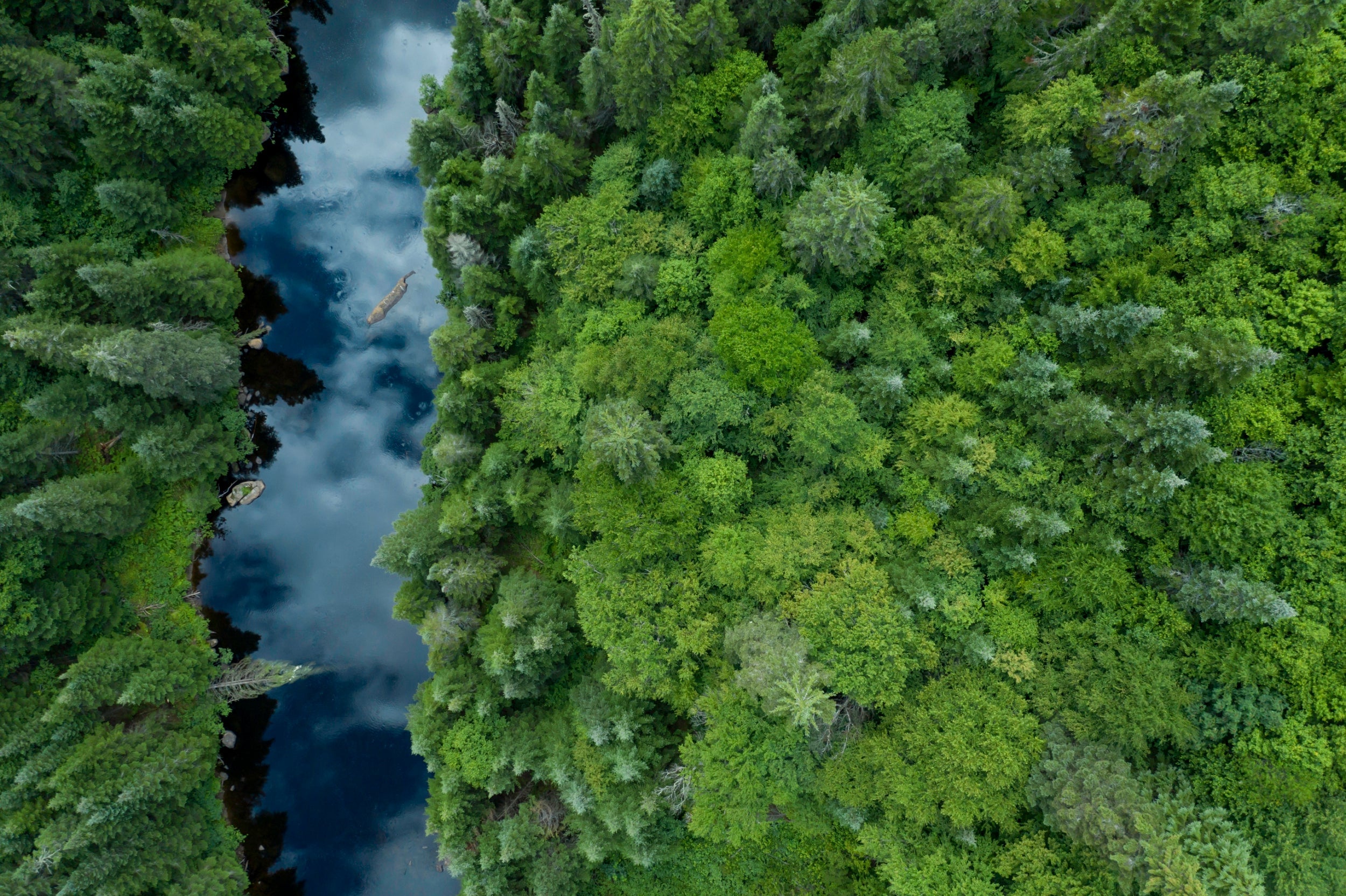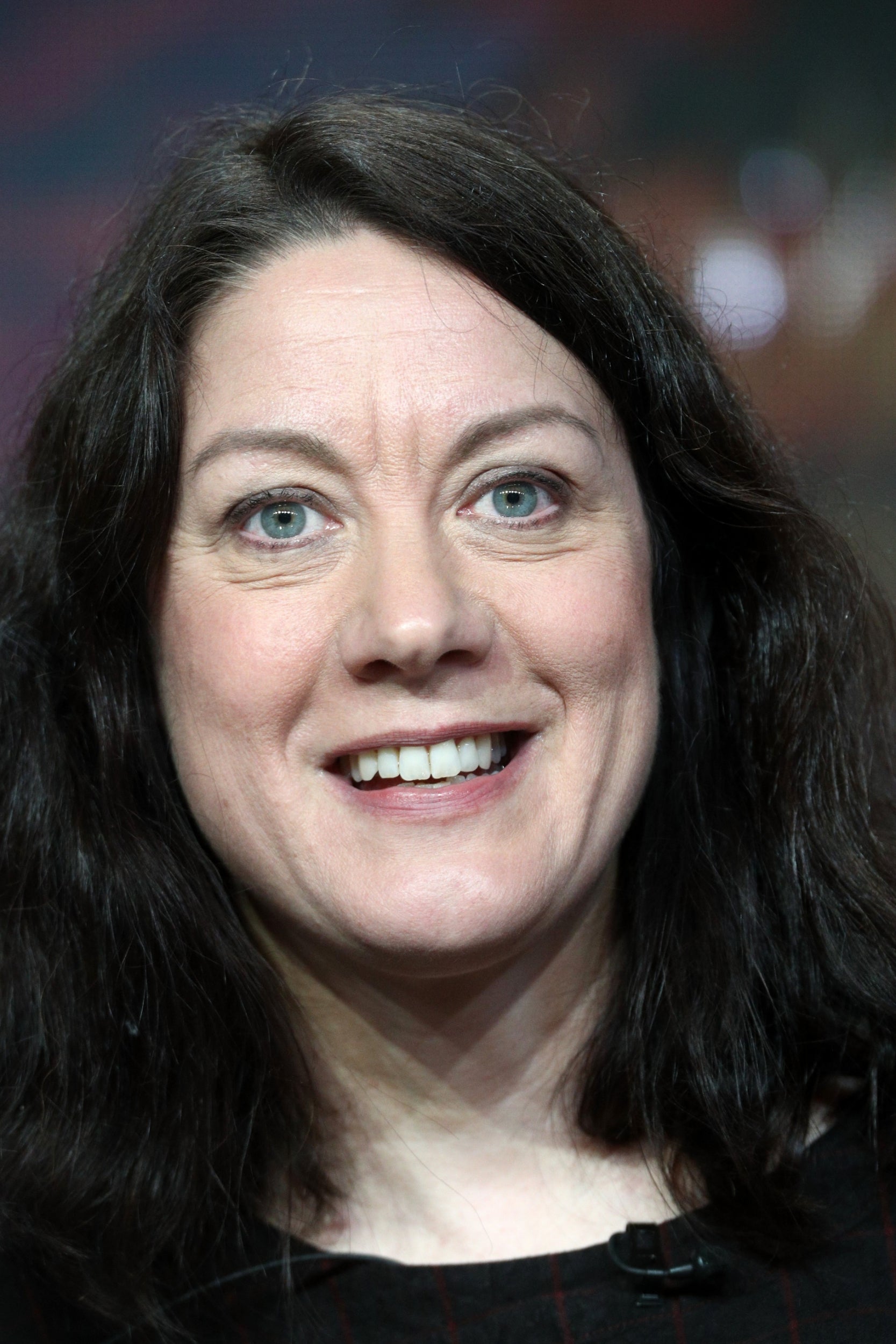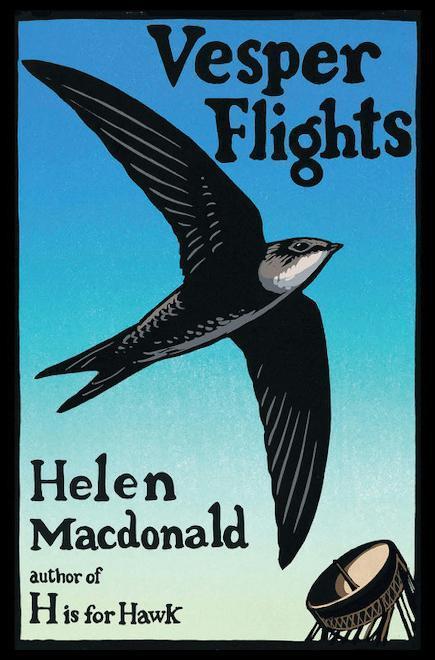Vesper Flights review: Powerful essay collection on the natural world reminds us what we stand to lose
Helen Macdonald’s new book is a poignant work that also explores loneliness and grief, says Jake Cline

Your support helps us to tell the story
From reproductive rights to climate change to Big Tech, The Independent is on the ground when the story is developing. Whether it's investigating the financials of Elon Musk's pro-Trump PAC or producing our latest documentary, 'The A Word', which shines a light on the American women fighting for reproductive rights, we know how important it is to parse out the facts from the messaging.
At such a critical moment in US history, we need reporters on the ground. Your donation allows us to keep sending journalists to speak to both sides of the story.
The Independent is trusted by Americans across the entire political spectrum. And unlike many other quality news outlets, we choose not to lock Americans out of our reporting and analysis with paywalls. We believe quality journalism should be available to everyone, paid for by those who can afford it.
Your support makes all the difference.So many of our stories about nature are about testing ourselves against it, setting ourselves against it, defining our humanity against it,” Helen Macdonald writes in her new book, Vesper Flights. In the 41 essays that make up this collection, the author seeks to tell another type of nature story, one that asks readers to see the natural world as something other than a reflection of themselves. Doing so, she believes, may just help us save it.
A former historian of science, Macdonald is as captivated by the everyday (ants, bird’s nests) as she is by the extraordinary (glowworms, total solar eclipses), and her writing often closes the distance between the two. None of the book’s essays, many of which run for just a few pages, concerns only one thing. A piece given the evocative title Lost, But Catching Up opens with Macdonald sharing that she’s allergic to horses, dogs and even reindeer. “Indeed, the longer life goes on, the more I realise that most quadrupeds make me ill,” she notes with dry amusement. The essay’s ultimate focus is on fox hunting, but it also explores loneliness and grief, which, as demonstrated in her best-selling 2014 memoir, H Is for Hawk, she writes about beautifully.
Macdonald wrote many of these essays for the New York Times Magazine, New Statesman and other publications. Some are being published for the first time, as they “were written for friends, for the joy of exploring a subject, for piecing together a story or investigating something that troubled or fascinated me”.
Her curiosity carries her around the globe. In Hungary, she welcomes the arrival of migrating Eurasian cranes, “thousands of beating hearts and eyes and fragile frames of feather and bone”. She watches peregrine falcons hunt in Ireland and views an evening migration of numerous bird species from the observation deck of the Empire State Building. In Chile, she follows an astrobiologist into deserts and on to volcanic sites in search of “extremophile life”, organisms similar to those that might live on Mars. It’s not all high adventure. A trip to Australia’s Blue Mountains National Park leaves her feeling dejected and homesick.

Home is England, where Macdonald began life in an incubator as an “exceedingly premature” baby whose twin brother died at birth. She writes of being haunted by isolation, of “feeling unaccountably upset, with a vague, disquieting sense of vertigo”. The essays in Vesper Flights wrestle with that feeling, which can arise while Macdonald watches hares box in a wheat field beside a highway or while she forages for mushrooms in a Suffolk forest. Always, the author pushes through the gloom to look beyond herself, beyond all people, to “rejoice in the complexity of things” and to see what science has to show us: “that we are living in an exquisitely complicated world that is not all about us.”
When that meadow disappeared, part of me disappeared, too, or rather, passed from existence into a memory that even now batters inside my chest
The climate crisis shadows these essays. Macdonald is not, however, given to sounding dire, all-caps warnings. By now, all but those in deepest denial or hiding in the dimmest ideological corners understand that, as the author describes, “we are already inside the apocalypse”. But by choosing to act, to “march and cry and mourn and sing and hope and fight for the world”, she argues that we can envision a future with us in it.
Even so, Macdonald is direct about the losses to come. “Increasingly, knowing your surroundings, recognising the species of animals and plants around you, means opening yourself to constant grief,” she writes. To love is to risk letting go, and with quiet heartbreak, Macdonald details things that have disappeared from her life, and from the planet: meadows that gave way to housing developments, ash and elm trees felled by disease, flycatchers that vanished after years of nesting near her home.

For all its elegiac sentences and grey moods, Vesper Flights is a book of tremendous purpose. Throughout these essays, Macdonald revisits the idea that as a writer it is her responsibility to take stock of what’s happening to the natural world and to convey the value of the living things within it. The more people understand that the animals we share this planet with are “creatures with their own needs, desires, emotions, lives”, she writes, the more people become invested in these animals’ survival and the preservation of their habitats. It’s enough, she emphasises, to care about other beings for their sake alone.
“Their loss is not about us, even though when that meadow disappeared, part of me disappeared, too, or rather, passed from existence into a memory that even now batters inside my chest,” Macdonald writes. “Look, I can’t say to anyone. Look at the beauty here. Look at everything that is. I can only write about what it was.”
Vesper Flights by Helen Macdonald. Jonathan Cape. £16.99
© The Washington Post
Join our commenting forum
Join thought-provoking conversations, follow other Independent readers and see their replies
Comments